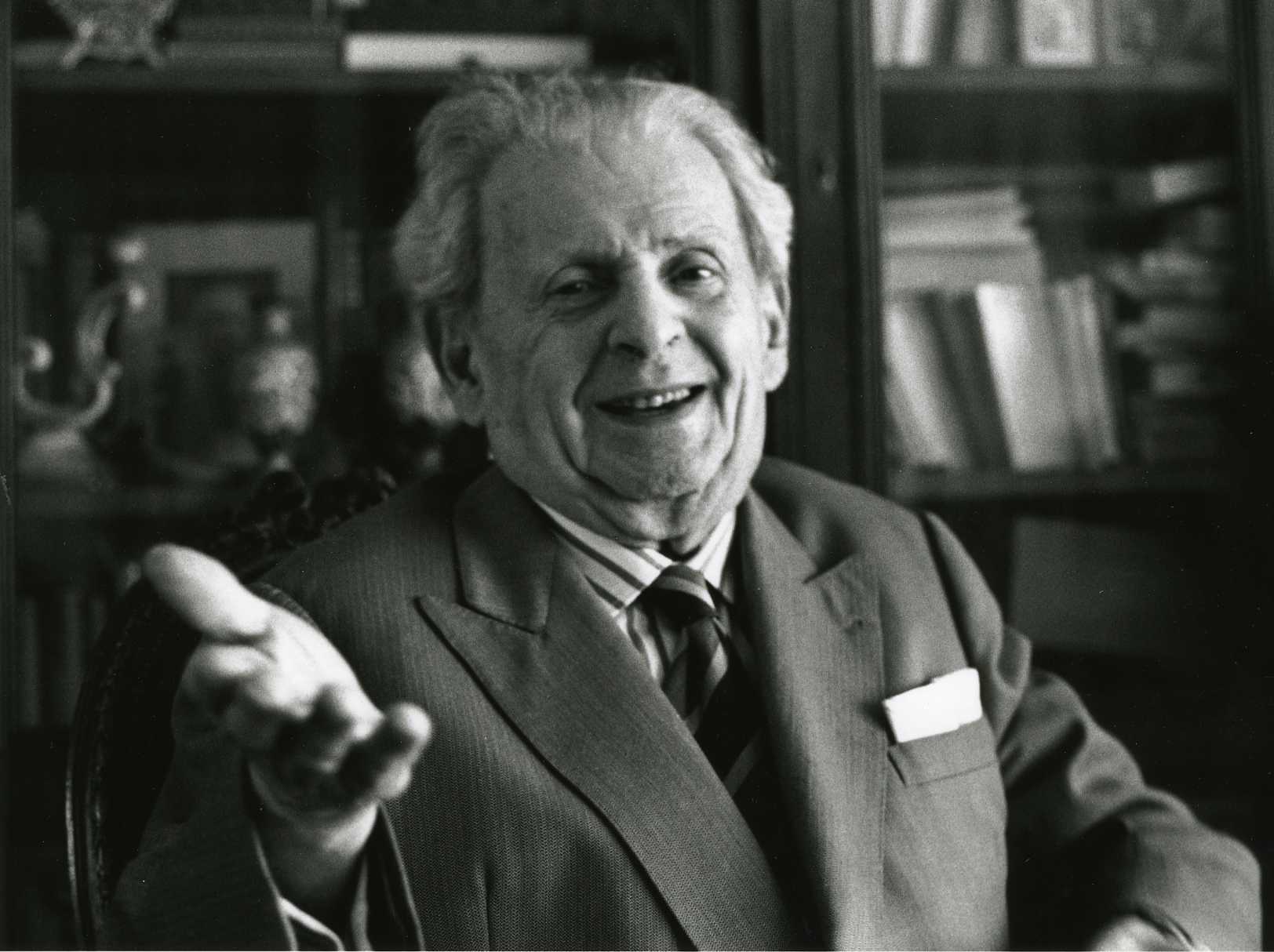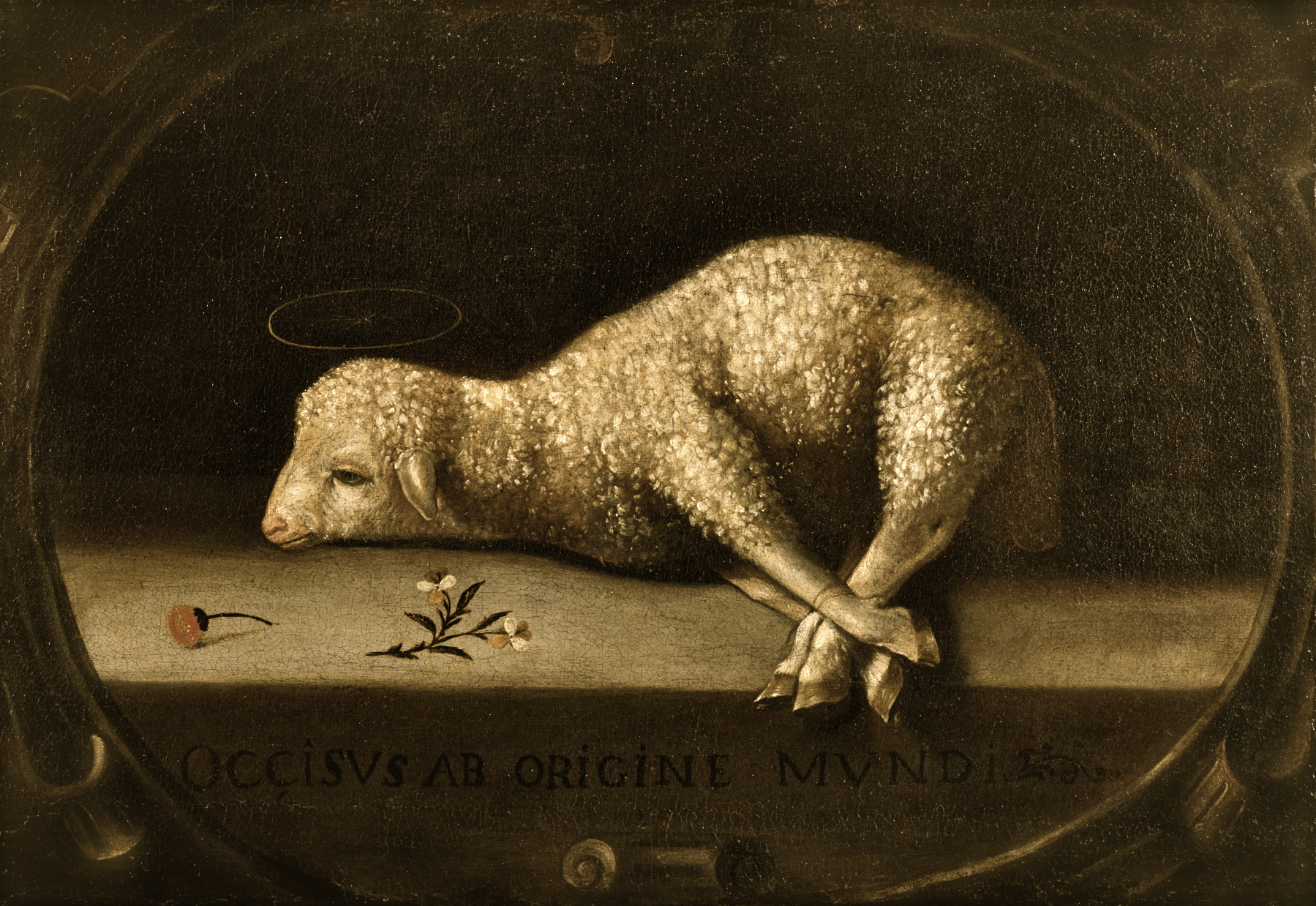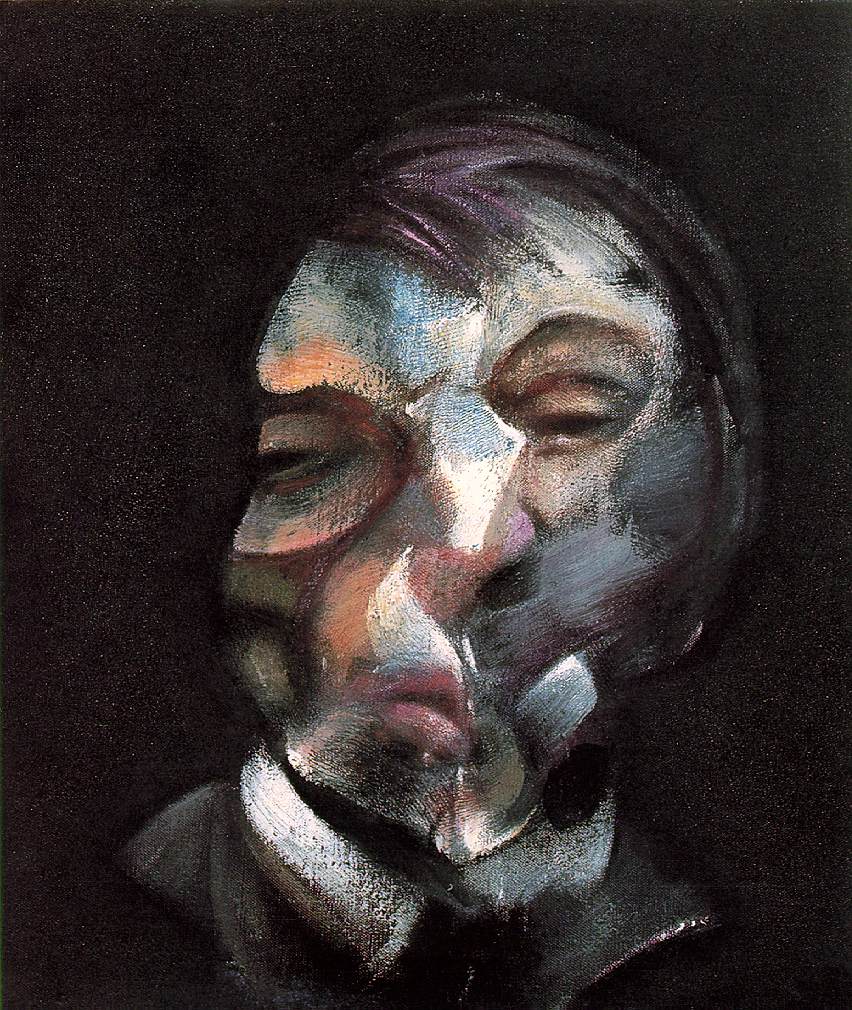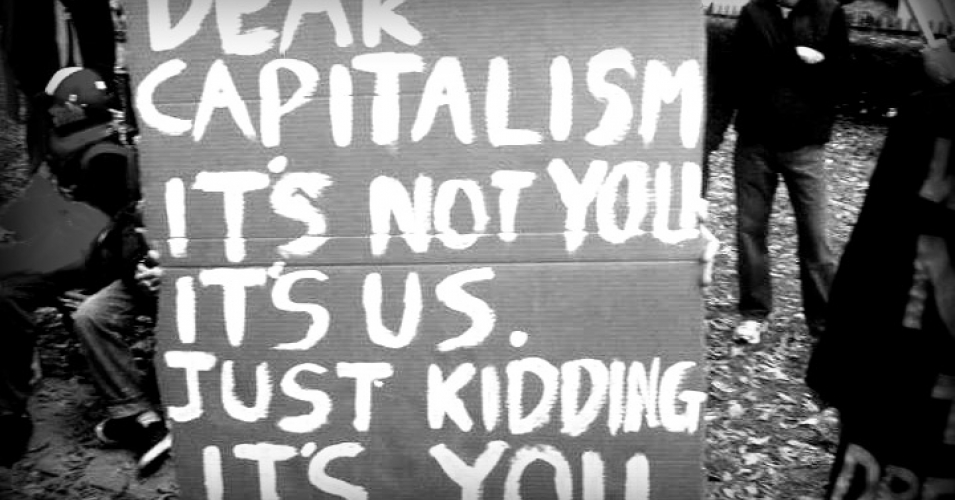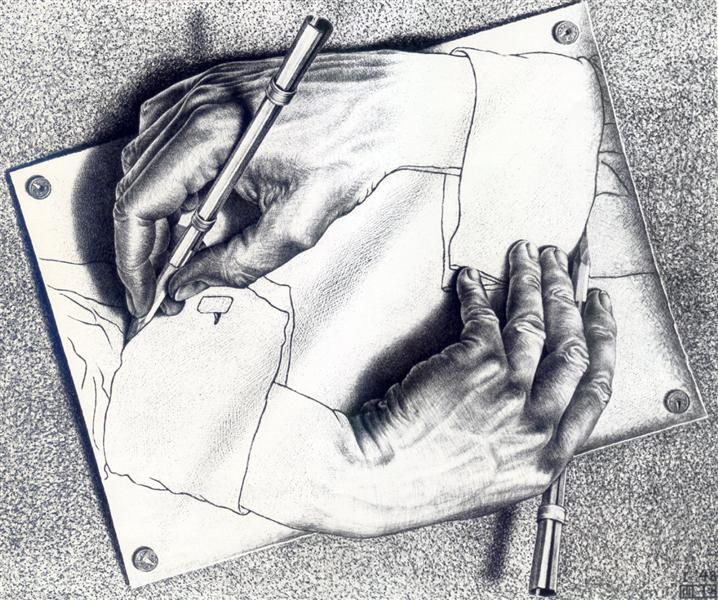Psychoanalysis has undeniably played a significant role in the development of theories critical of the social landscape. In addition to fostering a new model for self-reflection, it has functioned as a vehicle for the proliferation of subjectivities distinct from the consecrated forms of cultural life. Consequently, I will suggest here that it has an important […]
Author: editors_religioustheory
Review – Judith Butler And The Different “Senses” Of The Subject (Matthew Waggoner)
Note: This review is also published simultaneously in the PDF special issue of JCRT 16.1. Butler, Judith. Senses of the Subject. New York: Fordham University Press, 2015. ISBN-10: 082326467X. Paperback. 228 Pages. Despite having appeared separately in journals or as chapters in other books over the last twenty years, the essays collected in Judith Butler’s Senses […]
Rethinking Anselm’s Atonement Theory – “Unmaking” The Indebted Man (Ryne Beddard)
Throughout Church history Christians have used various images and illustrations to explain why God became a human and died, and why these actions have been considered by the tradition to be salvific. These are referred to as atonement theories, and in general they seek to answer three questions: How is humanity saved through Jesus? Who […]
Review – New Trends In The Theory And Methods For Studying Religion (David Kim)
Kovács, Ábrahám, and James L. Cox, Editors. New Trends and Recurring Issues in the Study of Religion: Context and Overview. Budapest: L’Harmattan, 2014. ISBN-10: 9632368509 Hardcover, e-book. 249 pages. This stimulating volume of ten articles by historians, sociologists and theologians leads readers into the field of “theory and method” for the study of religion. Kovács […]
The Semiotics of the Unconscious in Gilles Deleuze and Roland Barthes, Part 2 (Roger Green)
The following is the second of a two-part series. The first installment, published on Dec. 19, 2016, can be found here. In Writing Degree Zero, Barthes suggests disengaging from literary language by creating “a colorless writing, freed from all bondage to a pre-ordained state of language.”[1] He says “writing at the zero degree is basically […]
The Semiotics of the Unconscious in Gilles Deleuze and Roland Barthes, Part 1 (Roger Green)
The following is the first of a two-part series. In his preface to Deleuze and Guattari’s Anti-Oedipus, Michel Foucault asks the authors’ forgiveness for describing their book as the first book of ethics written in France in a long time. As the chair of philosophy at the newly founded Centre Expérimental de Vincennes (University of […]
Time Emptied And Time Renewed – The Dominion Of Capital And A Theo-Politics Of Contretemps, Part 3 (Daniel Rhodes)
The following is the third installment of a three-part series. The link to the first portion can be found here. The link to the second is here. Time Renewed: A Theo-Politics of Contretemps If the conquest of capital, as a Marxish read suggests, congeals in the subsuming of space, social relations, nature, and even the […]
Time Emptied And Time Renewed – The Dominion Of Capital And A Theo-Politics Of Contretemps, Part 2 (Daniel Rhodes)
The following is the second installment of a three-part series. The link to the first portion can be found here. As the source of productivity, time rendered as quantifiable and rectilinear not only orders the social and political to accumulation but orients and shapes the human subject to this experience as well. Its disjointed time, […]
Time Emptied And Time Renewed – The Dominion Of Capital And A Theo-Politics Of Contretemps, Part 1 (Daniel Rhodes)
The following is the first installment of a three-part series. In his long-awaited interjection into the debates on the future of Marxism after the collapse of Soviet state communism, Jacques Derrida introduces the notion of contretemps.[1] It is a concept that appears amid his call for a New International to bear the legacy of critique […]
Hanging Garlands Of Flowers On The Chains That Bind – Soft Totalitarianism and Techno-Rationality (Jeff Appel)
This article was originally a paper delivered at the conference “Reclaiming the Unconscious – On The Intersection of Psychoanalysis With the Humanities,” October 21-23, at the University of Denver, Denver, Colorado. “Our writing tools are also working on our thoughts[1].” So wrote — or more precisely, so typed — Friedrich Nietzsche in 1882. Nietzsche’s severe […]
